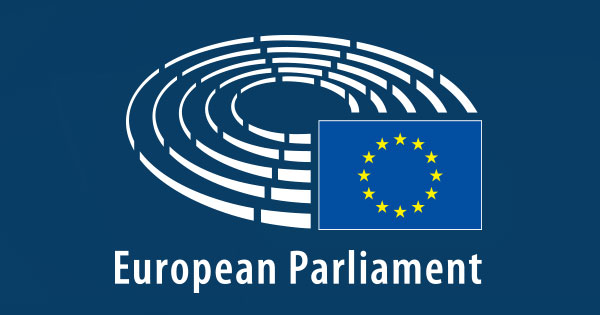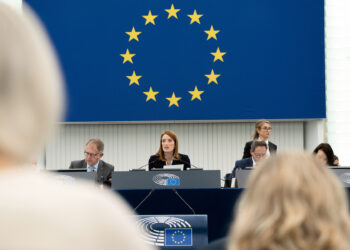On Monday, MEPs in the Economic and Monetary Affairs Committee adopted their negotiation position on the Regulation on European green bonds. The text, prepared by Paul Tang (S&D, NL), introduces numerous changes to the Commission’s proposal and was approved by 44 votes in favour, 12 against and 3 abstentions.
Wider scope
The amended proposal seeks to better regulate the entire green bond market, rather than only establishing the European Green Bond label (EuGB), and reduce so-called “green washing”.
For all bonds that are marketed as green, transparency requirements are introduced, including being aligned with the taxonomy legislation on the use of proceeds derived from the bond issuance. This would allow investors to compare EUGBs with other existing green bonds. In addition, all those issuing green bonds must have safeguards in place to ensure they do not harm people or planet.
New requirements on benefitting entities
To avoid ‘brown’ companies (i.e. with highly polluting industries) using the EuGB label to pretend to be greener than they really are, the amended proposal requires that all EuGBs have verified transition plans. The text also ensures that all issuers of green bonds have processes in place to identify and limit the principal adverse impacts of their activity. Finally, it prohibits all issuers from countries that are on the EU’s grey or blacklist of tax havens from issuing EuGBs.
Stronger supervision
Supervision is strengthened in various ways. External reviewers who review the EuGB should have fewer conflicts of interest and provisions are included to ensure that the authorities could ban companies from issuing EUGBs if they fail to follow the rules. The adopted text also ensures stronger market-pressure to comply with the rules by ensuring investors have legal recourse if the issuer’s failure to comply leads to the depreciation of a green bond.
Increased transparency for gas and nuclear
The adopted text requires stronger transparency requirements so that when a green bond issuer intends to allocate proceeds to nuclear energy or fossil gas related activities, a statement must appear prominently on the first page of the EuGB Factsheet.
Quote
After the vote, the rapporteur Paul Tang (S&D, NL) said, “Parliament is giving a clear signal before negotiations with Council. The European Green Bond Standard needs to be fully aligned with the EU taxonomy for it to become the gold standard in the international green bond market. And with transition plans, we put European Green Bonds at the heart of companies’ transitions to a sustainable economy. We are serious about ending greenwashing. When this regulation becomes law, simply saying your firm’s bond is green will no longer be good enough.”
Next Steps
The committee also voted to proceed with negotiations with the member states to hammer out a deal. These talks will begin in the coming weeks.
Background
Green bonds play an increasingly important role in financing assets needed for the low-carbon transition. However, there is no uniform green bond standard within the EU. The new European Green Bond Standard aims to ensure that European companies can benefit from green financing and that investors will find the green investments they wish.









































Discussion about this post